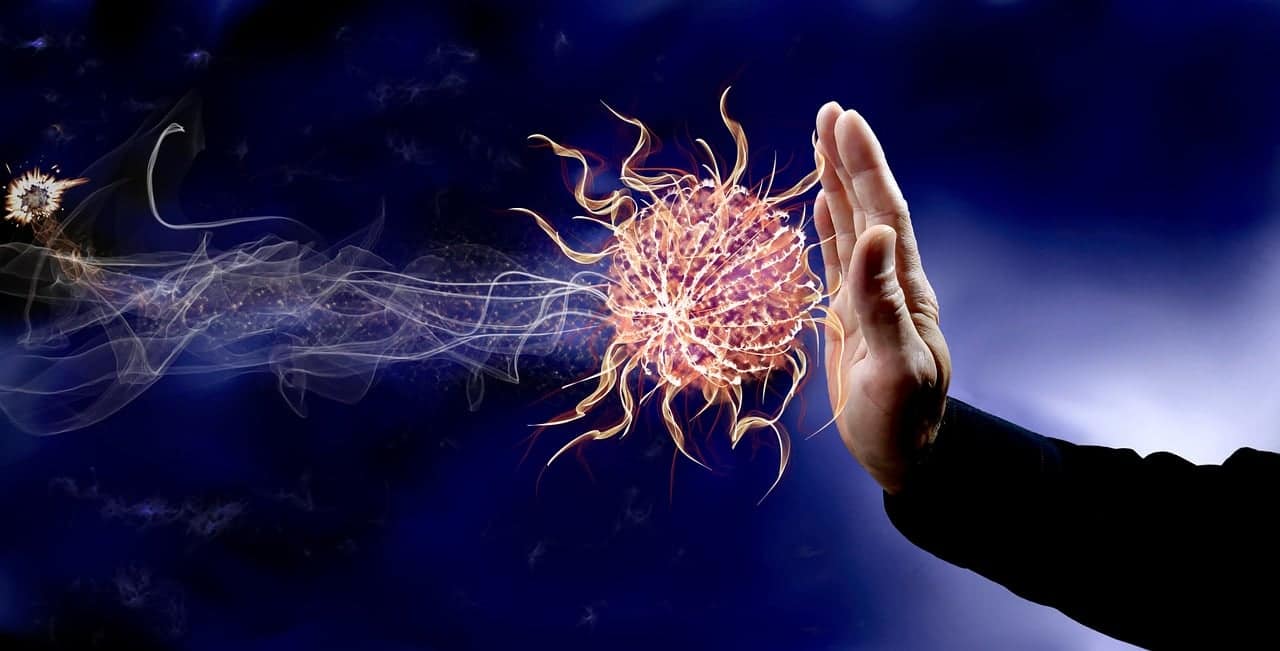
The immune system protects the body.
The immune system is made up of the set of biological structures and processes that protect the organism. These processes are capable of identifying and destroying pathogenic cells, viruses , parasites, etc.
To accurately describe the meaning of the concept of immune system - also known as immune system or immune system - we must break down the meaning of each of the words that make it up: system and immune .
System comes from a Latin word that refers to an ordered module of interrelated elements that interact with each other . It can be used to talk about real objects or abstract concepts that are provided with organization .
The concept of immune , for its part, serves to refer to that which is not susceptible to being affected by certain diseases or that is free of charges, penalties or encumbrances. In the field of medicine and biology , immunity is associated with the state of resistance against the pathogenic action of microorganisms or foreign substances.
Immune system functioning
The correct functioning of the immune system requires that it be able to distinguish foreign substances from healthy cells and tissues in the body. To do this, it uses the action of antibodies , lymphocytes, leukocytes and other components, although the evolution of pathogens makes the detection of abnormalities complicated.
The immune system, therefore, must appeal to various mechanisms that allow it to recognize and neutralize pathogens . Human beings, like the rest of vertebrates, have very sophisticated defense mechanisms that interact in a dynamic network.
It is worth mentioning that the ability that some individuals possess to adapt to various abnormal or novel situations is known as adaptive immunity or acquired immunity : the passage of time, the appearance of specific pathogenic substances, being able to protect themselves in an extremely efficient way. Immunological memory is created from the primary response to a specific pathogen and allows the development of a better response to possible future encounters.

A healthy and varied diet helps strengthen the immune system.
What happens when there is a failure
The well-organized reaction of our body can be essential to detect in time the presence of foreign elements (antigens) that cause diseases of various types. The way this invasion manifests itself is through inflammation . For example, when we cut ourselves the affected area becomes inflamed. This happens because white blood cells are transported through the bloodstream to the site of infection to fight the problem. Once they have done their job (the wound has healed), the inflammation disappears. This happens in organisms that have a healthy immune system .
There are, however, individuals who do not have a properly functioning immune system. In these cases, said system is not capable of distinguishing between the body's own tissues and external agents ; and produces, by mistake, inflammation against healthy tissues , as if it were a problem of external invasion.
There are no clear explanations about the reasons why an immune system can function randomly or incorrectly, although it is an issue that has worried science for a long time. What is known is that this problem is related to the way in which the system recognizes the protein on the surface of cell membranes: when the glycoproteins do not match , the immune system attacks the body. Until now it is believed that it is a defect that is acquired hereditarily .
The diseases that develop due to this malfunction are known as autoimmune diseases . The most common among them is arthritis , which affects, above all, elderly people.
